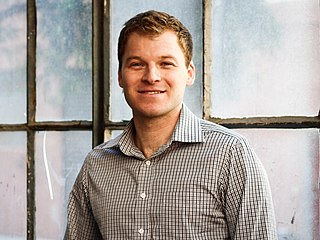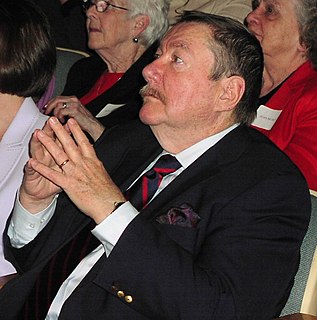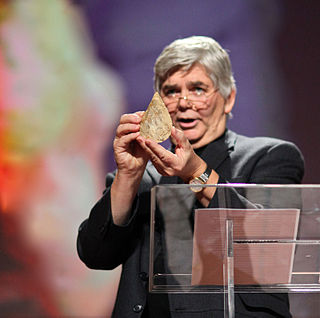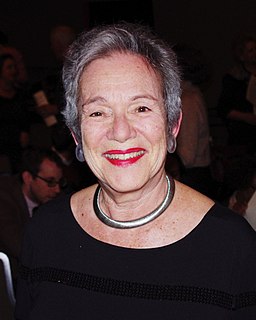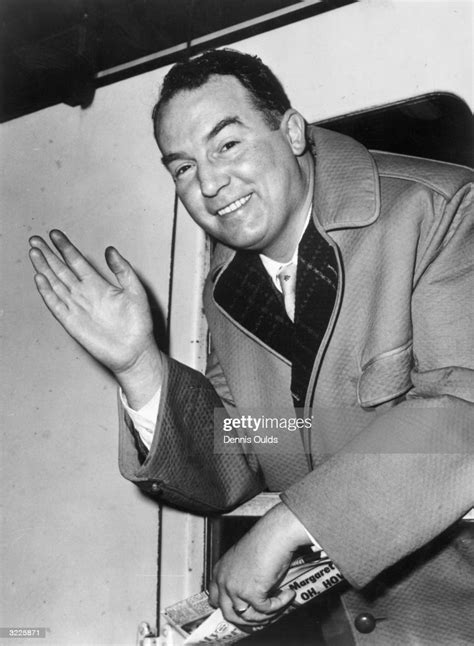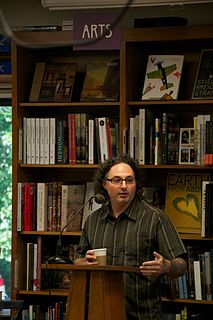A Quote by Trip Adler
I was talking to my dad, who's a neurosurgeon. He had this academic paper he wanted to publish. Journals take about 18 months to publish a paper, and he just wanted to get things up there.
Related Quotes
What I say is that there are not half a dozen papers in the United States which tamper with the news, which publish what they know to be false. But if I thought I had done no better than that, I would be ashamed to own a paper. You have to make everyone connected with the paper believe that accuracy is to a newspaper what virtue is to a woman.
WikiLeaks does not publish from the jurisdiction of Ecuador, from this embassy or in the territory of Ecuador; we publish from France, we publish from, from Germany, we publish from The Netherlands and from a number of other countries, so that the attempted squeeze on WikiLeaks is through my refugee status; and this is, this is really intolerable. [It means] that [they] are trying to get at a publishing organisation; [they] try and prevent it from publishing true information that is of intense interest to the American people and others about an election.
I left my frogs, which I had grown, with my supervisor, who had moved to Geneva, and he and a technician grew them up. So by 1962, they were adults, and one could publish a paper to say that these animals, derived from nuclear transfer, really were absolutely normal. So it took a little time to get through.
The thing about how that process works is that it's more about the editing and time for judging the ideas. Most pieces I publish each week have been around for months. This is a response to the beginning of the strip, when I was making them so quickly. I would just conceive a piece, finish it, and then the next day see it in the paper. That was when I was doing dailies four days a week.
I want to set up a new standard: ‘scientific journalism.’ If you publish a paper on DNA, you are required, by all the good biological journals, to submit the data that has informed your research—the idea being that people will replicate it, check it, verify it. So this is something that needs to be done for journalism as well. There is an immediate power imbalance, in that readers are unable to verify what they are being told, and that leads to abuse.
